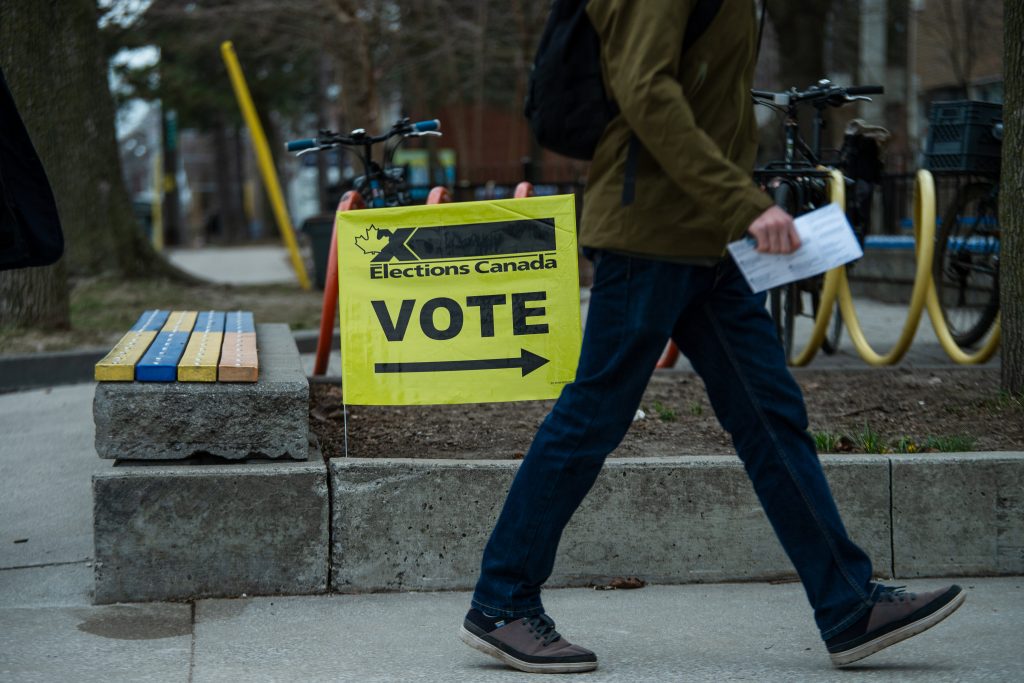As Canada approaches its election, the significance of the "immigrant vote" in shaping electoral outcomes has garnered attention. The notion that immigrants vote similarly on issues is challenged by experts who assert that immigrants, like Canadian-born citizens, prioritize a diverse array of concerns. Olga Stachova, CEO of MOSAIC, an immigrant association based in Vancouver, emphasizes that there is no singular immigrant perspective; instead, immigrants are part of varied communities with distinct interests.
Research indicates that the voting patterns of Canadian immigrants closely mirror those of the overall population. Irene Bloemraad, a professor at the University of British Columbia, states that newcomers share many of the same worries as Canadian-born voters. Popular issues include the rising cost of housing, access to family doctors, and long wait times for medical services. In electorates with substantial immigrant populations, particularly in regions like the Greater Vancouver Area and Greater Toronto Area, the collective influence of immigrant votes can be more pronounced.
Immigration discussions were anticipated to dominate the campaign trail; however, the impact of U.S. President Donald Trump's tariffs has shifted the focus. Canadian immigrants are not only concerned about immigration policies but also about broader issues that affect all citizens. Bloemraad notes that many immigrants may express similar apprehensions about how immigration correlates with the housing crisis, indicating shared concerns with native Canadians.
As anti-immigration sentiments rise, there is also a focus on how federal party leaders plan to reinforce trust in the immigration system, both nationally and internationally. Stachova believes that immigrants will closely monitor these plans, reflecting a desire for accountability and transparency within governance related to immigration.
When comparing the influence of immigrant votes, it is observed that they hold more weight in Canada than their counterparts in the U.S. This is largely due to the higher rate of citizenship among Canadian immigrants. Bloemraad points out that nearly all Canadian immigrants become citizens, in contrast to the United States, where only about half attain citizenship. Consequently, immigrant voters in Canada play a more significant role in the electoral process.
In Canada, campaign strategies regarding racial targeting differ markedly from those in the United States. According to Bloemraad, there is noticeably less focus on race-based campaigning in Canada, partially due to the geographic concentration of immigrant populations. Regions like Metro Vancouver become pivotal in determining election outcomes, allowing immigrant voters to exert considerable influence in these areas.
In summary, the political landscape in Canada demonstrates that immigrants are integral to the electoral process. Their concerns reflect broader societal issues, and as they engage in the democratic process, they contribute to shaping policies that are relevant to all Canadians, highlighting the interconnectedness of immigrant and native-born experiences in the Canadian context.












